A Somali Spring?
Key points The so-called Arab Spring is not an appropriate analogy: there was no single authority to bring down and there was no popular uprising. The election of Hassan Sheikh Mohamud as President of Somalia was the culmination of a Somali-owned process and showed that the people of Somalia were eager for change. Military success […]
Rethinking state-building in Somalia
Key points The concept of a hybrid political order is useful in understanding post-conflict state formation, in the Horn of Africa and elsewhere. For policy-makers supporting the re-establishment of government institutions in Somalia, the example of Somaliland is instructive. Hybrid political orders are not an alternative model for state-building; they are the outcome of a […]
Hasty repatriation
Key points The Kenyan government’s hardening stance towards the return of Somali refugees and its recent directive to send all urban refugees to camps are a reaction to changing conditions in Kenya, in particular a series of security incidents and the forthcoming general elections, rather than improved conditions in Somalia. Most Somali refugees remain ambivalent […]
Ethiopia after Meles
Key points Meles was instrumental in the political and developmental changes Ethiopia has undergone in the last two decades. The ruling EPRDF was boosted by the out-pouring of national grief on Meles’ death and Hailemariam Desalegn succeeded him as Prime Minister without controversy. There have been as yet no discernible shifts in government policy since […]
Somalia’s Jubbaland: Past, present and potential futures
Key points Due to its natural resources and location, Jubbaland has the potential to be one of Somalia’s richest regions, but conflict has kept it chronically unstable for over two decades. The regions of Jubbaland are not linked by road and have no history of shared administration. As an administrative unit, Jubbaland is not likely […]
Nuruddin Farah in conversation with Binyavanga Wainaina
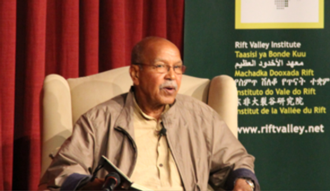
Key points Fiction is a powerful tool through which one can map a place, expose its complex identity and people to a wider audience, and keep a place alive for the exiled writer. Local knowledge is key in understanding a place and her people, in particularly demystifying inventions about the place. African nations have a […]
Continuity and change in Somalia
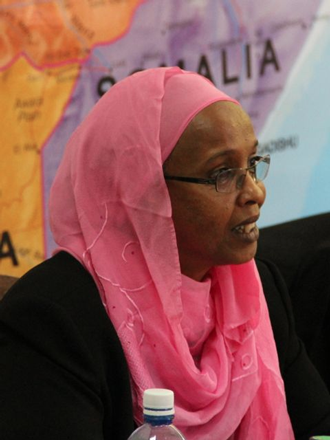
Key points Hybrid political orders are a reality in Somalia and have played an important role in political recovery and stabilization, but can become an obstacle to democratization. War can serve as a tool of state-building and can create opportunities for women to be more active political players. Despite the mixed results of devolved government […]
The Somalia Conference in London, May 2013
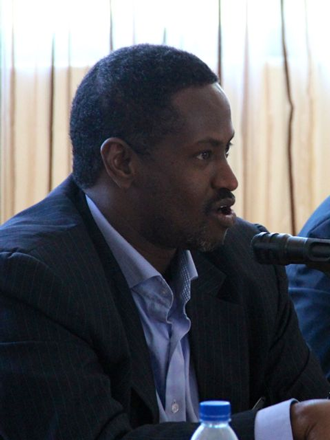
Key points The 2013 Somalia Conference in London is different from the 2012 London Conference on Somalia because it is co-hosted by the governments of Somalia and UK. The purpose of the 2012 London Conference on Somalia was to support the end of Somalia’s political transition; the aim of the 2013 Somalia Conference in London […]
Pastoralism and development in Africa
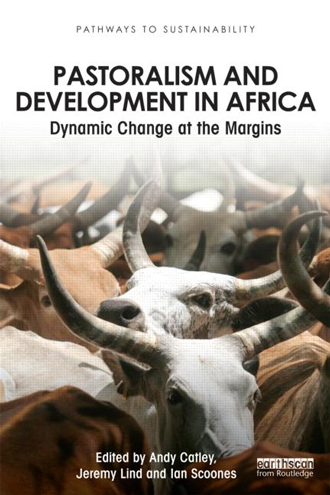
Key points Enormous internal innovation is taking place within pastoralist communities, challenging the perception that pastoralist communities simply cope and adapt, and revealing sustainable pathways for pastoral development. Government apathy towards the pastoral economy means that Kenya, in contrast to Ethiopia, has failed to nurture, develop and benefit from the lucrative livestock trade. The exploitation […]
A War on Men?
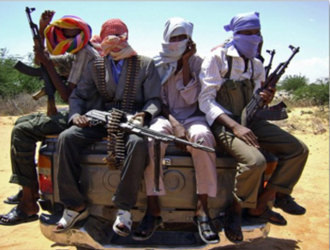
Key points The impact of war on Somali men is poorly understood in Somali society and among international policy makers and aid organizations. The prevalence of rape in Somalia is indicative of the profound impact of war, the collapse of the state and the changes in normative gender roles. Policy makers and aid organizations prioritize […]
